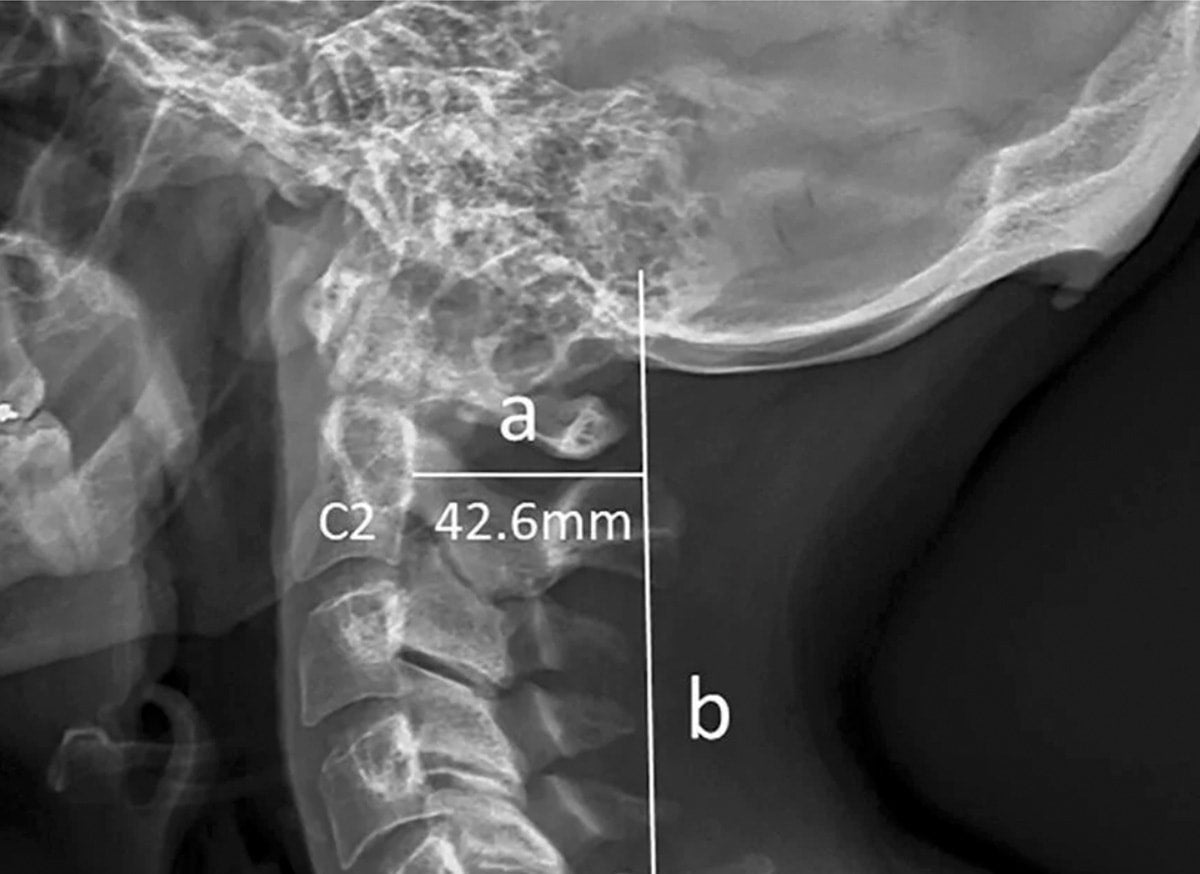As with many other industries, a handful of companies make almost all of the “ergonomic” office furniture in the United States. These are ancient and immense companies. Steelcase, for example, is over a century old and sells over $4 billion worth of chairs every year. That’s about one third of all the office chairs sold in the USA. And, because they control the market, these chairs are sold at eye watering prices. And because this arrangement makes a lot of money for all concerned, there is no incentive to change anything.
In this view, “Big Chair” is a giant industrial complex, intent on profits but uninterested in progress, producing the same stale designs in new colors year after year. If you’re sitting in an office as you read this, well, your bottom is likely in the embrace of “Big Chair”.
This would all be just good capitalist fun, except for this: the office chairs on offer from “Big Chair” are actually harmful to our posture and our health, actually leading us to earlier deaths. The research is clear: passive sitting shortens our lives by as much as two years1.
The problems caused by passive sitting are well known to epidemiologists, and surely “Big Chair” is aware. But despite their immense financial resources, when we look for research on the harms of sitting we hear… crickets. Yes, companies like Knoll write airy “white papers” with serious titles like “The Future of Ergonomic Office Sitting”2. But, there’s nothing there, just platitudes and pronouncements: “Don’t think accommodation, think temptation”; “Don’t think beauty in appearance, think beauty in interaction”; etc. I’ve spent a career as a researcher, and it’s clear that whoever authored this wasn’t a researcher; this is pure marketing hype. So, it has been left to the tiny companies (e.g., SitTight) to do the actual research3.
And really, this may not be as odd as it seems. It may be as simple as Upton Sinclair’s observation that “It’s difficult to get a man to understand something when his salary depends upon not understanding it”. Maybe “Big Chair” just doesn’t want to know the mischief that their furniture is causing; they certainly don’t want you to know. But they shouldn’t rest easy, because, just as with “Big Tobacco” in the 1950’s, science is coming for “Big Chair”. Hype and advertising will allow obfuscation for only so long, but eventually data overcomes distraction.
And actually, “Big Chair” may be starting to worry. Earlier this summer, our little company approached TED asking if we could provide active chairs for donors who were attending their once-a-year program in Monterey, CA to try out. I love TED, and as a guy who’s given a TEDx talk, I was excited to be able to contribute. But, as we were boxing up a batch of chairs, out of nowhere, Steelcase had their lawyers step in and forbid TED from accepting our donation, based on a “prior arrangement” the company has with TED. We were disappointed, and just a little surprised. Failure of a 100-year-old, $4 billion company to innovate perhaps is to be expected; but actively blocking innovation, well, now that’s interesting. Seems the elephant may be afraid of the mouse.





Leave a comment
All comments are moderated before being published.
This site is protected by hCaptcha and the hCaptcha Privacy Policy and Terms of Service apply.